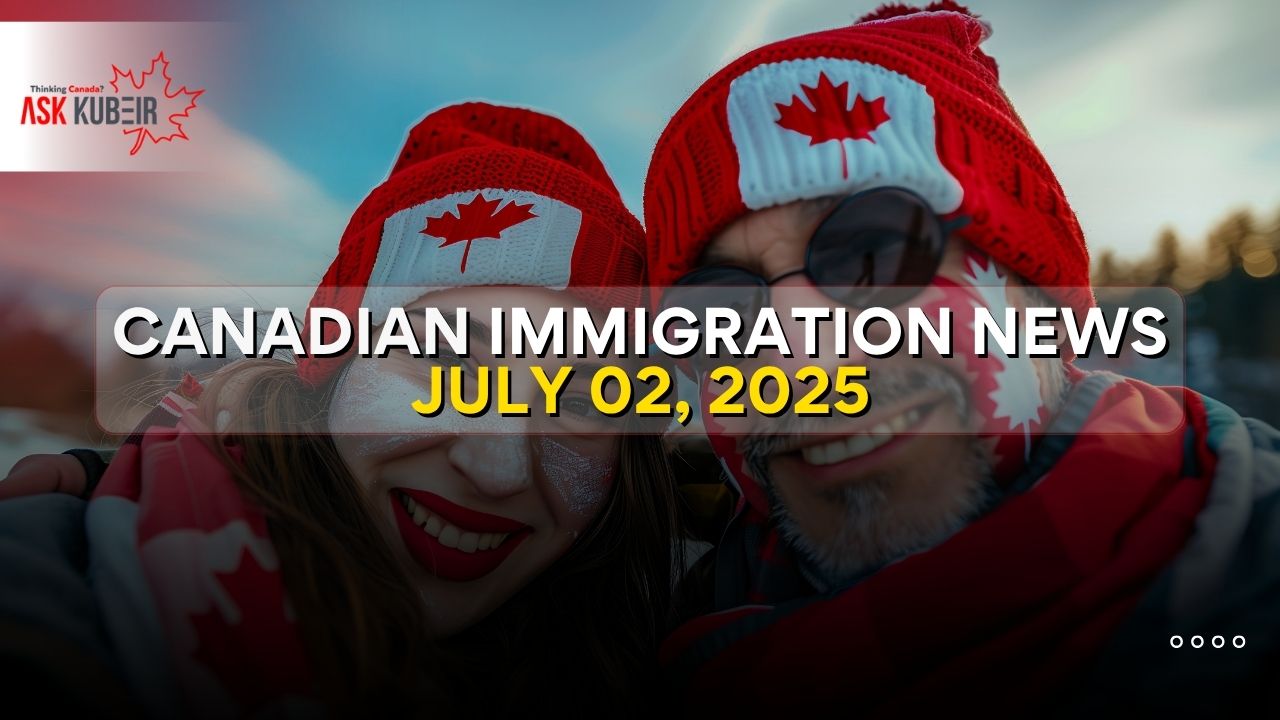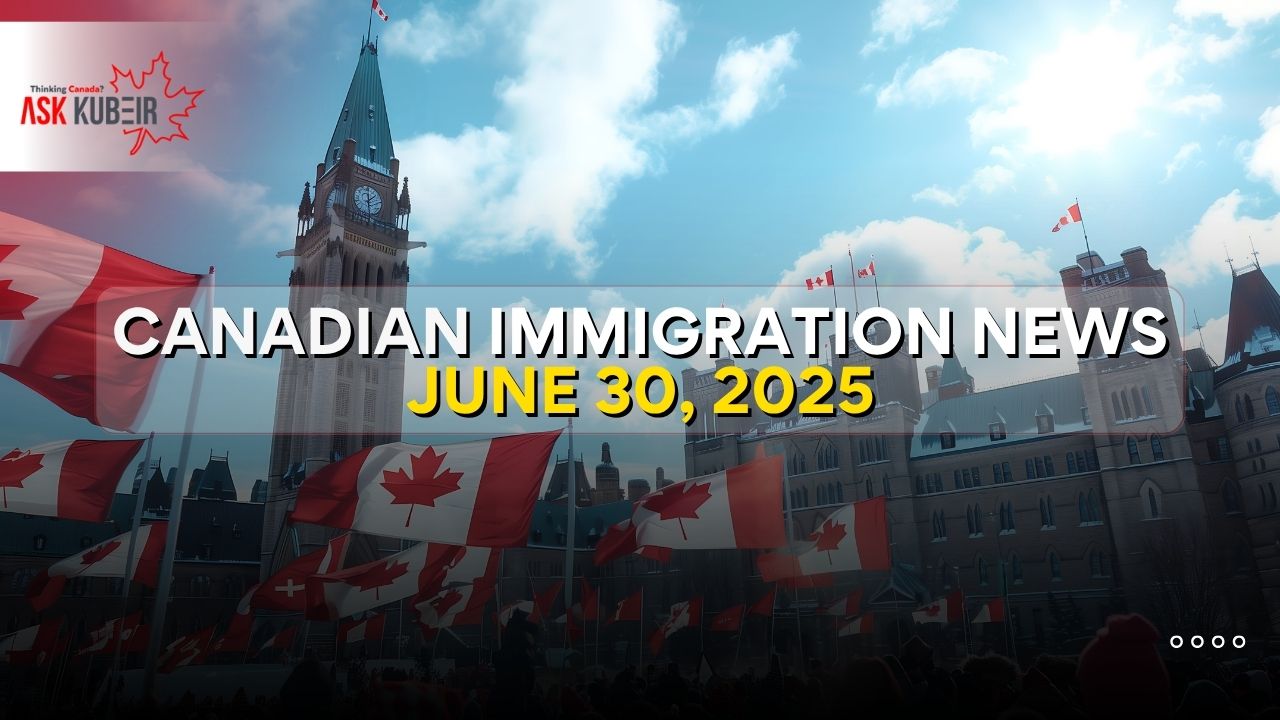
Related Post






Most Common Reasons for Rejection
#rejection
Most Common Reasons for Rejection
Most common is PCC: (Police Clearance Certificate or Good Conduct Certificate)
a. Not included
b. PCC is not scanned in color.
c. Dates don’t cover a complete period of stay (for e.g. you stayed in one address until 13th August but PCC cover dates till 31st July – don’t miss even one day)
d. The wrong PCC attached (includes not attaching PCC where you have lived more than 6 months in a row)
e. LOE: Not writing an explanation of why you weren’t able to attach the required PCC and what you have done so far – attach evidence such as PCC Application submitted, payment receipt and courier docket.
f. Incomplete Documents – Some countries require additional documents such as consent forms for ICCRC to directly get info therefore, it is important to read carefully CIC Guidance for each specific country before applying.
g. States PCC – Some countries do not have a Central/Federal PCC System and therefore, you are advised to get PCC from all states you have lived (For work, study, and residential purposes excluding short stays). In addition, read CIC guidance, as they sometimes require Federal PCC as well instead of just State PCC.
h. Expired PCC.
Medical Reports:
a. This includes failure to get Upfront Medical or After Letter from ICCRC for any reason.
b. In addition, if you have any physical or other challenges then ICCRC may reject your application. They may also advise you to set a meeting with your panel doctor for further advice or treatment plans – I know some people who recovered after some medication or professional help and managed to get their PR later on. Medicals are assessed to check inadmissibility based on the safety, security of residents and citizens or if it is felt that the applicant of his/her family member may cost Canadian health services annually in excess of $19965/-
c. Very rare but the most significant error I saw was when one person submitted a report from a doctor who was not registered as an approved panel doctor – check the ICCRC website before booking an appointment.
Conversion of Files:
a. Convert files only in the approved format and not as per convenience.
b. If you are using software or online tools for PDF conversion then it is recommended to test it on different readers (such as Foxit or Adobe) before submitting. ICCRC will be using Adobe Acrobat so make sure your files (all pages) will open in it. There is a case where ICCRC rejected the incomplete application due to files not opening in Adobe (file was converted using Foxit).
c. Your documents must be clear and readable after reducing their size.
d. Always convert or scan your file in a Color version. This is mandatory for PCC but recommended for other documents. It is a good practice to scan from original documents.
Passport and Visa Status:
a. It is important to attach your Passports and Residential Cards (if applicable) along with your file.
b. Scan and include current passport with Bio pages and all pages that has stamps or any other markings
Education:
a. Not including ECA report or only including ECA number
b. Not including Degrees and Transcripts – please note that ICCRC will reject incomplete files unlike OINP, which asks for additional information.
c. If you have a distance learning course or studied in a different country than where the Institute is located then include this in the Letter of Explanation and clearly mention your status. Also, indicate Distance Learning in brackets against the name of the college or it may trigger a PCC request.
Experience:
a. Not including Job responsibility letters or not matching with NOC.
b. Documents submitted cannot be verified due to lack of information of company and signatory, or contact details of the employer missing and hence verification cannot be done.
c. Company registered in the house or residential area that may raise the question on quality of work performed.
d. Could not answer questions or satisfy the officer during a formal interview.
These are the most common Reasons identified from the sample of more than 1,000 applicants in 2016/17.
Applicable sections :
Section R10 – an applicant that makes but even one mistake in the uploading of his/her forms or documents can have their case rejected under Regulation 10 of the Immigration and Refugee Protection Regulations (R10).
R10 imposes absolute strict liability on the applicant and the onus is on the applicant to submit a complete application with correct documents.
Section 11.2 of the Immigration and Refugee Protection Act (IRPA) includes the authority that supports the Express Entry system.
Under section A11.2, an officer may not issue a visa to an applicant who did not or does not meet the Express Entry minimum entry criteria (MEC) or did not or does not possess the qualifications for which they received their CRS score at the time when the invitation to apply (ITA) was issued; or the e-APR was received by ICCRC.
When reviewing an application, processing offices must determine if the applicant possesses the qualifications that they declared in their e-APR, as corroborated by the applicant’s supporting documentation; and when the applicant submits their e-APR, the information provided in their Express Entry profile has not materially changed to the degree that the applicant would not have been issued an ITA in that round of invitations.
Accordingly, officers should refuse an application under section A11.2 if it is determined that at the time of the ITA or e-APR, the applicant did not or does not meet the MEC, which includes the requirements of the program to which they were invited to apply; or the applicant’s recalculated CRS score has fallen below that of the lowest-ranked candidate invited to apply in that round of invitations.
#foreverhopeful
